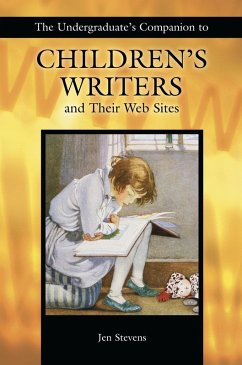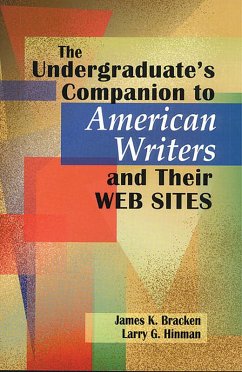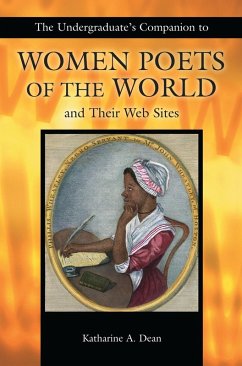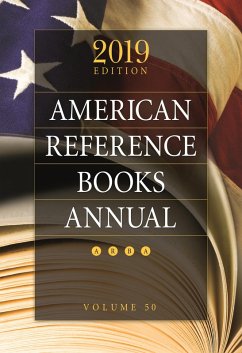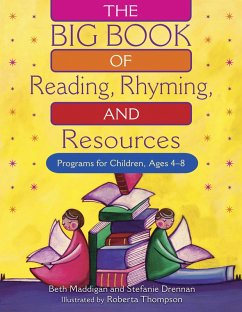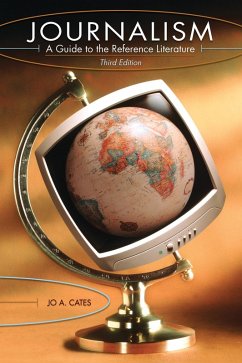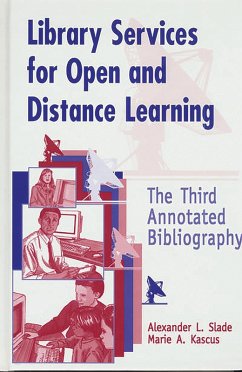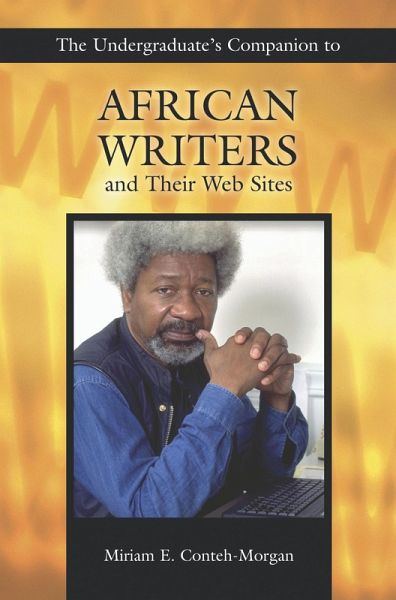
The Undergraduate's Companion to African Writers and Their Web Sites (eBook, PDF)
Versandkostenfrei!
Sofort per Download lieferbar
24,95 €
inkl. MwSt.
Weitere Ausgaben:

PAYBACK Punkte
12 °P sammeln!
Now a firmly established part of world literature course offerings in many general education curricula, African literature is no longer housed exclusively with African Studies programs, and is often studied in English, French, Portuguese, Women's Studies, and Comparative Studies departments. This book helps fill the great need for research materials on this topic, presenting the best resources available for 300 African writers. These writers have been carefully selected to include both well-known writers and those less commonly studied yet highly influential. They are drawn from both the Sub-S...
Now a firmly established part of world literature course offerings in many general education curricula, African literature is no longer housed exclusively with African Studies programs, and is often studied in English, French, Portuguese, Women's Studies, and Comparative Studies departments. This book helps fill the great need for research materials on this topic, presenting the best resources available for 300 African writers. These writers have been carefully selected to include both well-known writers and those less commonly studied yet highly influential. They are drawn from both the Sub-Sahara and the Maghreb, the major geographical regions of Africa. The study of Africa was introduced into the curriculum of institutions of higher learning in the United States in the 1960s, when the Black Consciousness movement in the United States and the Cold War and decolonization movements in Africa created a need for the systematic study of other regions of the world. Between 1986 and 1991, three Africans won Nobel literature prizes: Soyinka, Mahfouz, and Gordimer, and the visibility of African writers increased. They are now a firmly established part of world literature courses in many general education curricula throughout North America. African Writers is meant to serve as a resource for introductory material on 300 writers from 39 countries. These writers were selected on the basis on two criteria: that there is material on them in an easily available reference work; and that there is some information of research value on free Web sites. Each writer is from the late-19th or 20th century, with the notable exception of Olaudah Equiano, an 18th-century African whose slave narrative is generally considered the first work of African literature. All entries are annotated.




